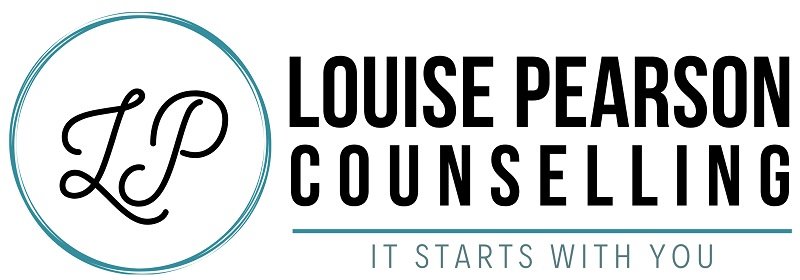One of the things that I often see in my practice as a counsellor, is that there is a lot of grief out there, which goes unacknowledged. Of course I'm going to say that — to acknowledge grief is one of my life's passions. Fortunately however, I'm not the first, and I'm certainly not alone in noticing it. As I may have mentioned already, Dr. Kenneth Doka is a grief specialist from the US, and he has researched this for years, along with many others.
While there are many types of unacknowledged or disenfranchised grief that he talks about, one of the key categories is where the loss itself is just not recognised by those around us. The losses that fit into this category are many and varied. It might be that you are really grief-stricken or sad for example about the death of an acquaintance, and yet in our society, we seem to think that the main grievers are family, or very close friends. It might be that you have been impacted by a public event like the recent bushfires — and yet you yourself were not affected in any physical way, and so no one acknowledges your grief. It might be that you have lost your job. It might be that a close friend's relationship has broken up, and so you've lost a friend, when she's lost a partner.
Now through my work and of course because I have a disability myself, I'm also aware that there's a huge amount of this grief involved in chronic illness and disability. I often think that chronic illnesses and some disabilities are fantastic, for being those gifts that just keep right on giving. Many of my clients agree with me when I say also, that it's not necessarily the disability or the illness itself which is the worst of it; it's the hassles and the other losses that it leaves behind in it's wake.
Take for example, the situation of a good friend of mine. She is a tough woman; the sort of person who'd want to be there first, if you are having a crisis. Currently however, she's up against it. A car accident a couple of years ago has caused all sorts of issues with hips, led to her having difficulty with walking, and battling chronic pain. Well if that is not bad enough, after a recent operation, when blood was allowed to pool behind her eyes, she now has complications with her vision. For the last year, she has been unable to see well, and although there's hope that her vision will be restored, there's no definite date, there's no certainty about it. So, at the moment, she can't drive her car, she can't take herself to visit her grandchildren, or pop in on a friend. She can't read, and she can't as easily pursue one of the loves of her life, which is photography. Now I do qualify that by saying "as easily", because — she's not one whom life easily says no to, and so she's struggling to find a way.
But my point in saying all of this, is that recently when we were together, she talked about her depression. My immediate thought, and I think that this is often the case when we have things like she has going on, is that she is not depressed, she is grieving the losses that she has experienced recently, even if they are, I pray, only temporary. She is grieving the losses of some of her usual coping strategies, which is just phenomenal.
Now you might think that grief or depression are only labels. I believe that we're always better off if we are treating the root cause, and not a side issue. Sure she might have been feeling depressed, but the depression had it's core in grief. So, if you find yourself feeling down, make sure you stop and talk to yourself compassionately. Ask yourself what's wrong. Check in with yourself about whether it might be sadness that you are feeling — and then, whatever you think it is, give some thought to talking through what it is that you are feeling with a friend or even a counsellor, for as Audre Lorde says "our feelings are our most genuine paths to knowledge".
